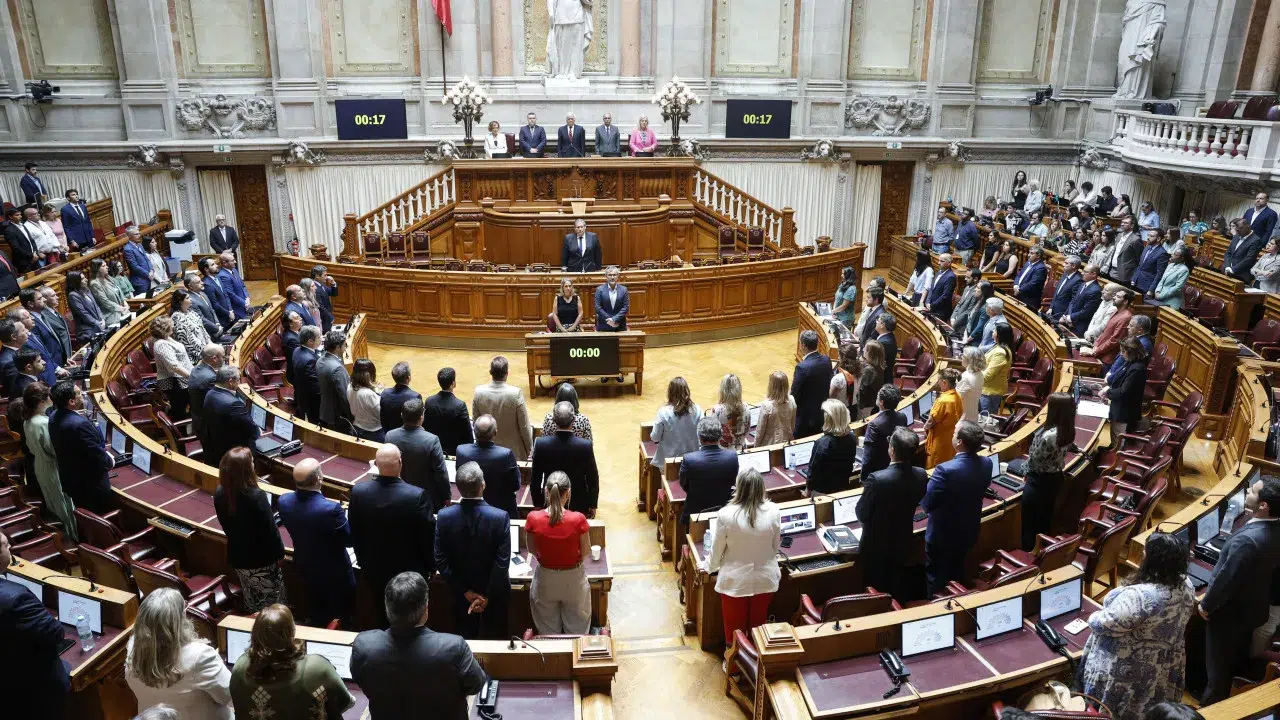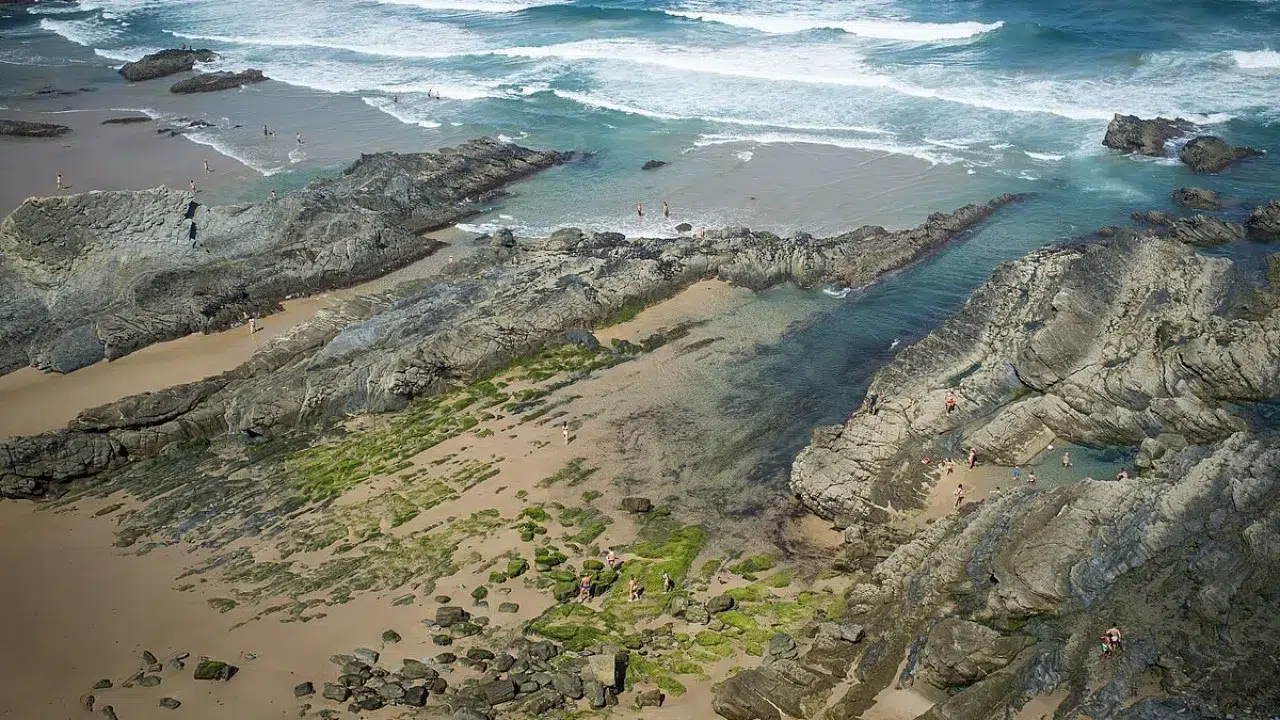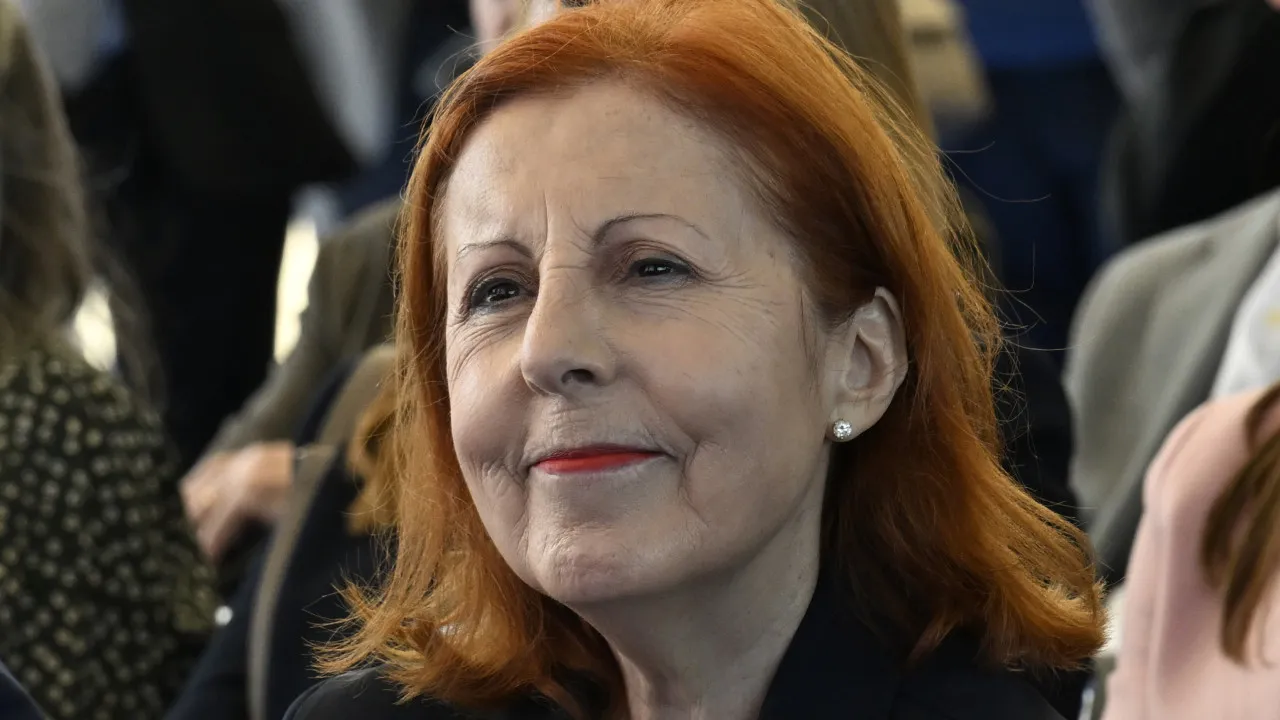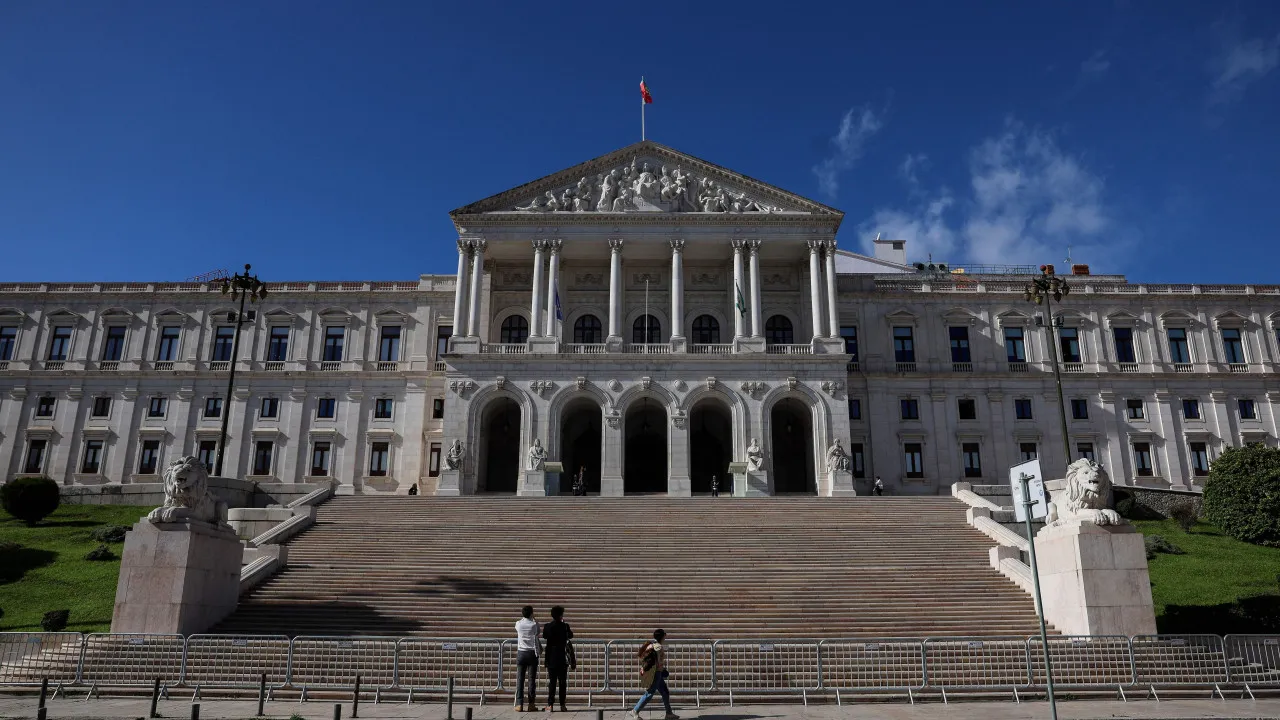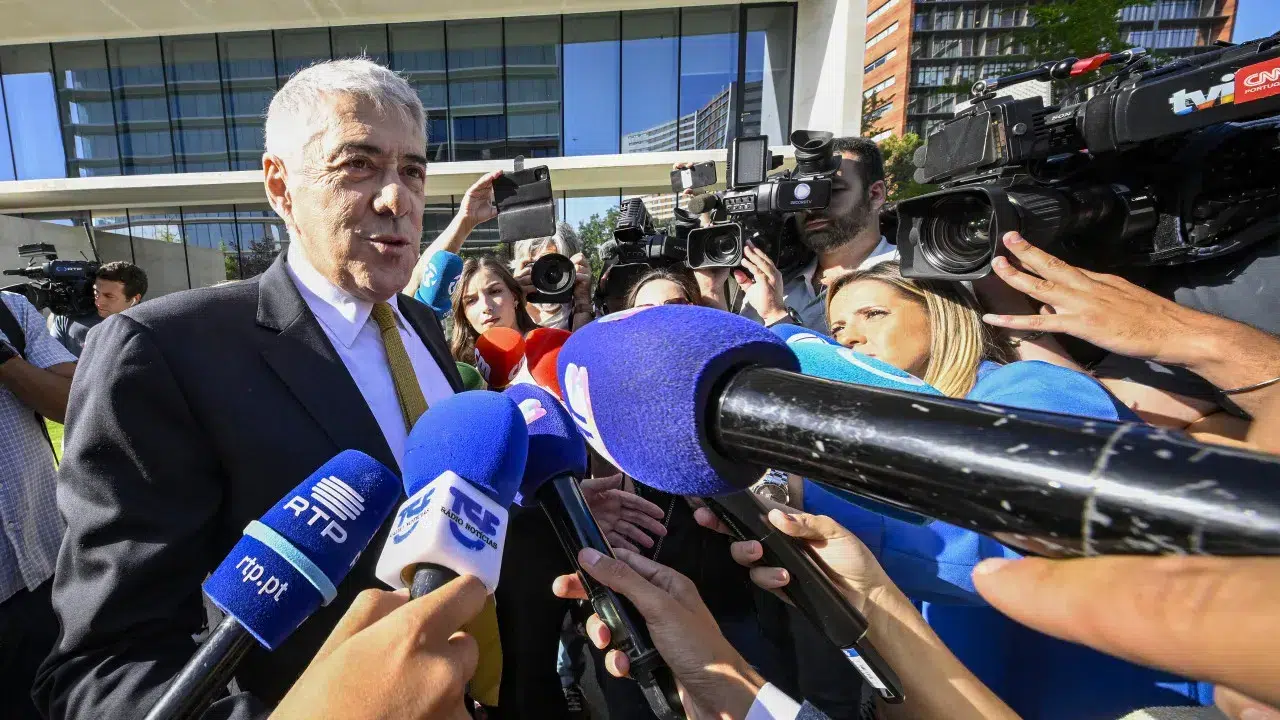
The trial of Operation Marquês commenced this Thursday, 11 years after former Prime Minister José Sócrates was detained at Lisbon’s Humberto Delgado Airport on suspicion of various crimes, including corruption.
Upon arriving at court and again after two hours of the session during the lunch break, the former socialist leader was visibly agitated, voicing criticisms and accusations towards the Superior Council of Magistracy, the panel of judges presiding over his trial, and the Attorney General of the Republic.
José Sócrates claims this trial exists solely due to a “writing error” and insists it “should never exist,” stating his intention to “fight for its nonexistence.”
The opening session of the Operation Marquês trial was also marked by two rebukes from presiding judge Susana Seca, directed at José Sócrates and his lawyer, Pedro Delille.
In addition to José Sócrates, most of the more than 20 defendants in the case, including businessman Carlos Santos Silva, a friend of the former Prime Minister, appeared in court this Thursday.
Unlike Sócrates, Santos Silva did not speak to the journalists covering the trial upon his arrival at the Justice Campus.
The Evolution of Operation Marquês
Eleven years after José Sócrates’s arrest at Lisbon Airport, the Operation Marquês trial commenced today, involving the former Prime Minister and more than 20 defendants, and including over 650 witnesses.
The case involves 117 charges, including corruption, money laundering, and tax fraud, for which 21 defendants will be tried. Currently, 53 sessions are scheduled to continue until the end of this year, with more to be scheduled later. The trial will hear 225 witnesses called by the Public Ministry and about 20 by the defense for each of the 21 defendants.
The main defendant, José Sócrates, initially faced 31 charges but now faces 22, including three of passive corruption as a public official, 13 of money laundering, and six of aggravated tax fraud.
Businessman and Sócrates’s friend Carlos Santos Silva faces the most charges, with 23, down from 33, including one of passive corruption as a public official, one of active corruption, 14 of money laundering, and seven of aggravated tax fraud.
Among the defendants is former Banco Espírito Santo banker Ricardo Salgado, who faces three charges of active corruption, one involving a public official, and eight of money laundering.
Ricardo Salgado has already been tried as part of a separate case extracted from Operation Marquês, resulting in an eight-year prison sentence for breach of trust, contingent on his health condition, following an Alzheimer’s diagnosis.
Another defendant already convicted in separate cases derived from the main process is Armando Vara, a former minister under António Guterres and ex-administrator of Caixa Geral de Depósitos, who will face one charge of passive corruption as a public official and one of money laundering in the main process.
Testifying before the panel led by Susana Seca are two former Portugal Telecom executives, Zeinal Bava and Henrique Granadeiro, Rui Horta e Costa, former administrator of the Algarve luxury development Vale de Lobo, Portuguese-Angolan businessman Helder Bataglia, Sócrates’s cousin José Pinto de Sousa, the ex-wife of the former Prime Minister Sofia Fava, and the former driver’s João Perna.
On November 21, 2014, José Sócrates was arrested at Lisbon Airport upon returning from Paris, based on suspicions of corruption, tax fraud, and money laundering, confirmed that day by the Attorney General’s Office, which announced the Operation Marquês investigation led by the Central Department of Investigation and Penal Action (DCIAP), then headed by the current Attorney General Amadeu Guerra.
Following two days of interrogation by then-instruction judge Carlos Alexandre, José Sócrates was remanded in custody, spending nine months in Évora prison, followed by a month of house arrest.
Years passed from the public announcement of the investigation to the Public Ministry’s charges on October 11, 2017, following multiple delays, accusing 28 defendants of 189 crimes.
The instructional decision reading in April 2021 was a pivotal moment, as judge Ivo Rosa dismissed significant parts of the Public Ministry’s accusations, notably the severe corruption charges.
The instructional decision, unusually broadcast on television, albeit visuals only, saw Rosário Teixeira, the inquiry officer, visibly frustrated.
A decision from Lisbon’s court of appeal in January 2024 restored most of the Public Ministry’s initial charges, setting the stage for today’s trial, after more than a decade of inquiry, instruction, and numerous appeals from the former Prime Minister.
Now, there’s uncertainty whether this mega case could expand further. Judge Susana Seca must decide whether to incorporate the smaller case, resulting from Ivo Rosa’s instructional decision, into the main proceeding, potentially leading to joint trials for Sócrates and Santos Silva on additional money laundering charges.

